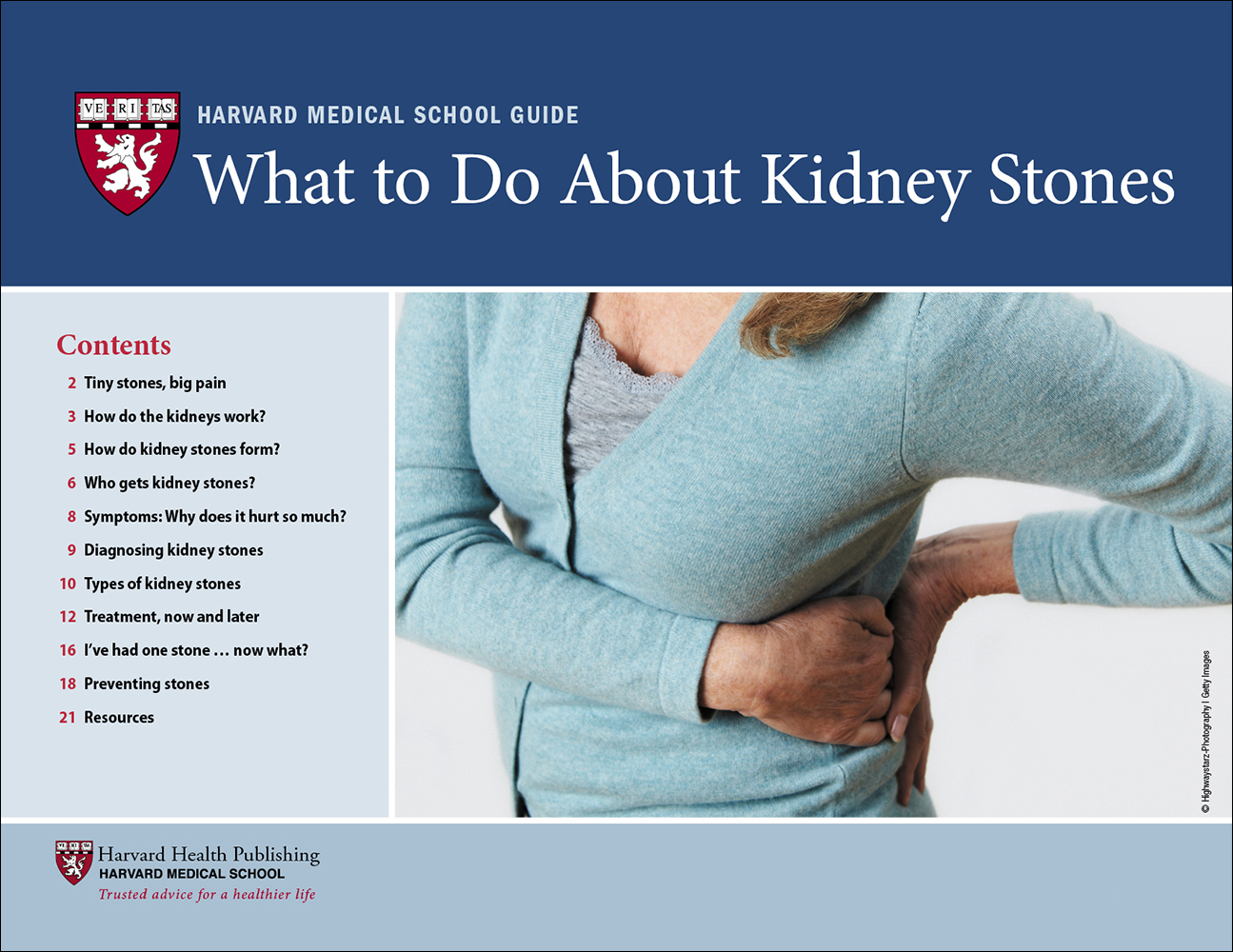People with kidney disease eat less fruits and veggies
Research we're watching
- Reviewed by Toni Golen, MD, Editor in Chief, Harvard Women's Health Watch; Editorial Advisory Board Member, Harvard Health Publishing; Contributor
People with chronic kidney disease are less likely to eat fruits and vegetables than similar adults without the condition, a new study suggests. The disease, which affects about 37 million adults in the United States, leaves the kidneys less able to filter waste from the blood and can lead to high blood pressure, heart disease, and stroke.
The study, published online July 5, 2022, by the Journal of Renal Nutrition, analyzed data on eating patterns of American adults included in three cycles of the National Health and Nutrition Examination Survey, conducted between 1988 and 2018. After accounting for factors such as waist size, diabetes, and high blood pressure, researchers found that those with chronic kidney disease were consistently likelier to practice an eating pattern that included fewer fruits and vegetables than people without the condition.
Researchers noted that more research is needed to tease out whether low fruit and vegetable consumption contributes to or results from chronic kidney disease and what other factors may be involved. Doctors sometimes advise patients with the disease to reduce their consumption of potassium, a mineral commonly found in fruits and vegetables.
About the Author

Maureen Salamon, Executive Editor, Harvard Women's Health Watch
About the Reviewer

Toni Golen, MD, Editor in Chief, Harvard Women's Health Watch; Editorial Advisory Board Member, Harvard Health Publishing; Contributor
Disclaimer:
As a service to our readers, Harvard Health Publishing provides access to our library of archived content. Please note the date of last review or update on all articles.
No content on this site, regardless of date, should ever be used as a substitute for direct medical advice from your doctor or other qualified clinician.
















